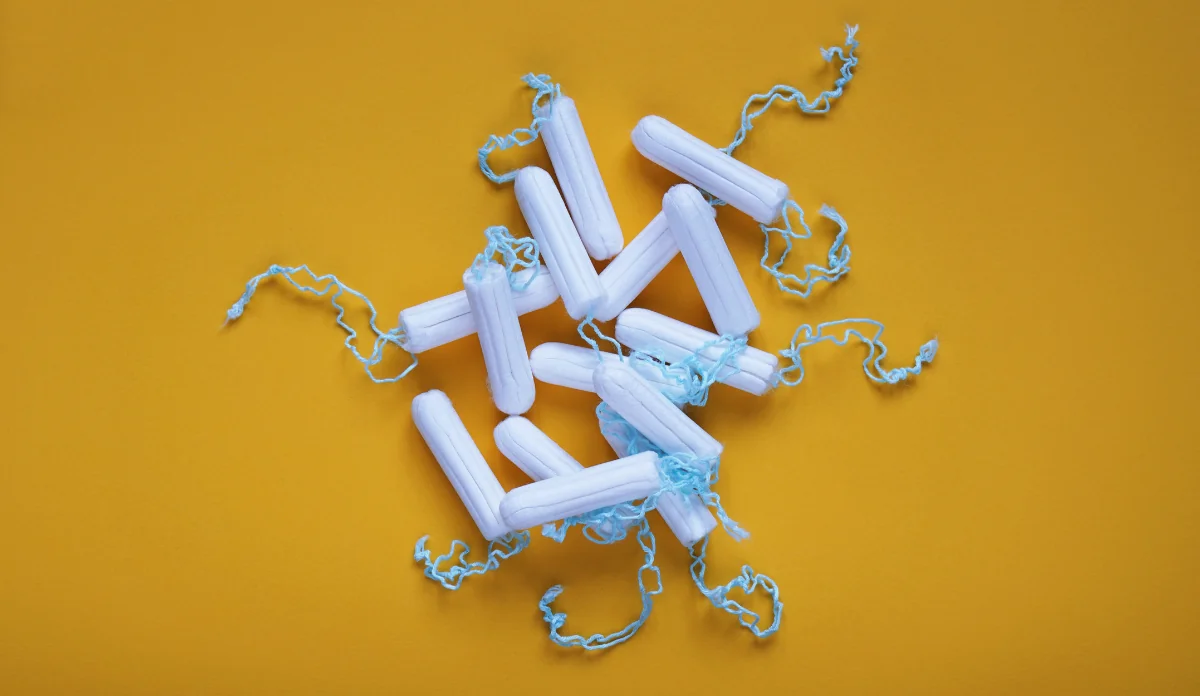Bleeding for Change: Menstrual Inequities in Carceral Settings
Access to sanitary menstrual products is an ongoing challenge for incarcerated women, impacting their mental and physical health and well-being.

Read Time: 3 minutes
Published:
“Hey, can you check me?” A question many women have asked or responded to. This question encapsulates the fear, shame, and stigma of menstruation.
It is embarrassing when you bleed through your pants. Thankfully this experience can be avoided if you have appropriate sanitary products. Many women have the necessary access to menstrual products or can change their clothes if they were to bleed through. Every woman deserves access to menstrual products without shame or embarrassment. Menstrual equity means the assurance of access to products and education for all menstruators, including those in carceral settings.
The U.S. does not consider access to menstrual products in prisons to be a human right. Currently, incarcerated women are often left without necessary menstrual products, are forced to bargain with correction officers or other inmates for products, and are unable to change out of their issued clothes if they bleed through. They feel the (unfortunately) normal embarrassment associated with menstruating but are powerless to improve the situation.
Legislation passed in 2017 requires federal prisons to provide free menstrual products. The scope of this law reaches only a small portion of incarcerated menstruators, as 90% are in state prisons and local jails. Twenty-five states have legislated menstrual product access in prisons. Only 17 of these states specify that menstrual products need to be provided free of charge. Many of the policies in place require inmates to request products from guards, perpetuating the ability of guards to humiliate menstruating prisoners.
Menstrual equity is an essential human right – for all women.
Shilpa Darivemula and colleagues measured inmates’ experiences accessing hygiene and menstrual products in women’s jails in Kansas City, Kansas – a state that has not passed legislation assuring access to menstrual products for inmates. They wanted to understand if menstruators had access to hygiene and menstrual products, how they got products, and if there were any negative health effects associated with a lack of menstrual products. Females being discharged from Kansas City, Kansas jails were surveyed.
More than half (53.8%) of survey respondents reported inadequate menstrual products. Many reported having to barter or trade for menstrual products and having to resort to alternative products, like toilet paper, to manage their period. Nearly a quarter (23.1%) said they experienced adverse health effects because of inadequate access to menstrual products. Inmates’ mental and physical health is put at risk as a consequence of these experiences.
The researchers suggest that systemic change is needed to effectively address menstrual inequities in carceral settings. Specifically, they call for policy change as current state policies fail to combat the inhumane menstrual experiences in carceral settings.
Menstrual equity is an essential human right – for all women. Change is needed to ensure this right is being fulfilled for the incarcerated.
Photo via Getty Images



